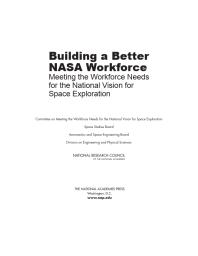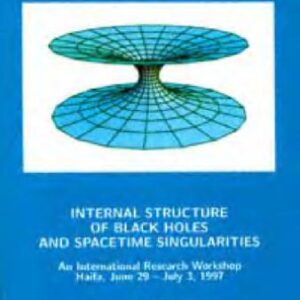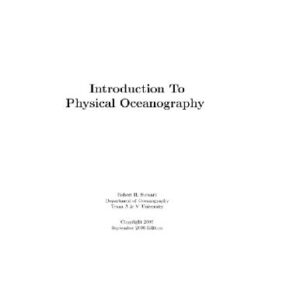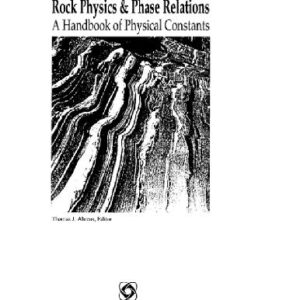The Vision for Space Exploration (VSE) announced by President George W. Bush in 2004 sets NASA and the nation on a bold path to return to the Moon and one day put a human on Mars. The long-term endeavor represented by the VSE is, however, subject to the constraints imposed by annual funding. Given that the VSE may take tens of years to implement, a significant issue is whether NASA and the United States will have the workforce needed to achieve that vision. The issues range from short-term concerns about the current workforce’s skills for overseeing the development of new spacecraft and launch vehicles for the VSE to long-term issues regarding the training, recruiting, and retaining of scientists and engineers in-house as well as in industry and academia. Asked to explore science and technology (S&T) workforce needs to achieve the nation’s long-term space exploration, the Committee on Meeting the Workforce Needs for the National Vision for Space Exploration concluded that in the short term, NASA does not possess the requisite in-house personnel with the experience in human spaceflight systems development needed to implement the VSE. But the committee acknowledges that NASA is cognizant of this fact and has taken steps to correct it, primarily by seeking to recruit highly skilled personnel from outside NASA, including persons from industry and retirees. For the long term, NASA has to ask if it is attracting and developing the talent it will need to execute a mission to return to the Moon, and the agency must identify what it needs to do to attract and develop a world-class workforce to explore other worlds. A major challenge for NASA is reorienting its human spaceflight workforce from the operation of current vehicles to the development of new vehicles at least throughout the next decade, as well as starting operations with new rockets and new spacecraft. The committee emphasizes further that when evaluating its future workforce requirements, NASA has to consider not only programs for students, but also training opportunities for its current employees. NASA’s training programs at the agency’s various field centers, which are focused on NASA’s civil service talent, require support to prevent the agency’s internal skill base from withering. Furthermore, NASA faces the risk that, if it fails to nurture its own internal workforce, skilled personnel will be attracted to other government agencies and industry. Building a Better NASA Workforce: Meeting the Workforce Needs for the National Vision for Space Exploration explains the findings and recommendations of the committee.
Physical
[PDF] Building a Better NASA Workforce: Meeting the Workforce Needs for the National Vision for Space Exploration National Research Council; Division on Engineering and Physical Sciences; Aeronautics and Space Engineering Board; Space Studies Board; Committee on Meeting the Workforce Needs for the National Vision for Space Exploration
$19.99






Reviews
There are no reviews yet.